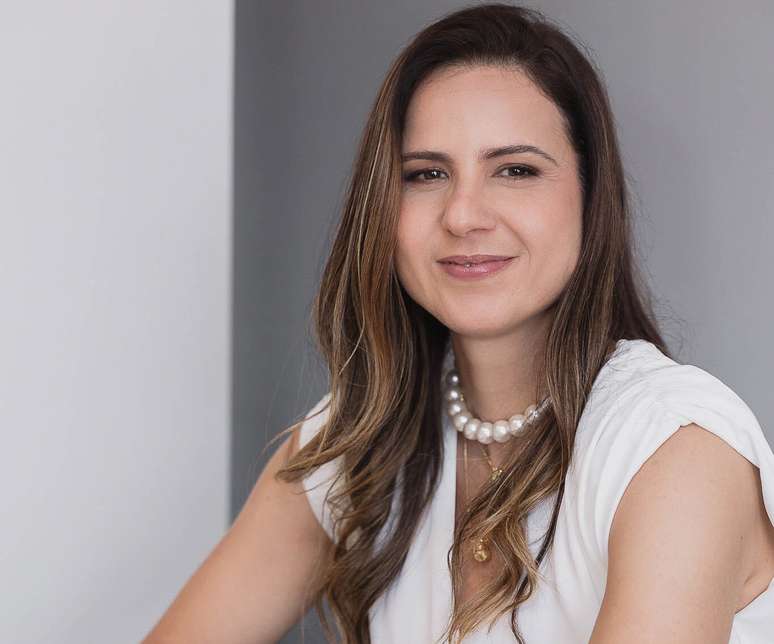Comments of experts on how the brain works under pressure and influences our choices
Federal judge Alessandra Belfort, Neurolaw expert, reflects on how the brain reacts to pressure and provides suggestions for more aware decisions on work and personal life
Making decisions is an inevitable part of life – the more important they are, the greater the pressure involved. In the professional environment, for example, leaders must decide on teams, investments and strategies in the middle of close deadlines. Already in personal life, choices on relationships, health and finance can also generate anguish and insecurity. But how to find the balance between acting with courage and avoid hasty decisions that can bring regrets?
Federal judge Alessandra Belfort, a specialist in Neurolaw – an area that connects the right and neuroscience – involves reflections on how the brain reacts in times of stress and how to transform this understanding into more assertive decisions.
Between reason and emotion: strategies to decide clearly
“Our brain is scheduled to look for the fastest solution to pressure, as a car -protation mechanism. But speed does not necessarily mean quality. When we understand how emotions and impulses interfere with this process, we can create strategies to decide more clearly”, explains Alessandra.
According to the magistrate, many people associate courage with the absence of fear, when in reality courage is to act consciously, even in the face of uncertainty. “In professional daily life, for example, courage could wait for the right time to implement a change instead of giving in to the impulse. In personal life, it can be” no “to something that is not aligned with their values, even when everyone expects another attitude,” he says.
Auto -Conossence: the antidote against bad decisions
Alessandra also underlines that hasty decisions usually occur when the person is under a strong emotional burden. “Stress, anxiety and even excessive information reduces our ability to analyze. It is as if the brain becomes the method of survival and therefore the choices tend to be more impulsive,” he explains.
For her, recognizing these standards is the first step to change. “I often say that self -knowledge is an antidote against wrong decisions. When we know what makes us more vulnerable to haste, we can create strategic breaks, listen to other opinions and bring more rationality to the process,” suggests.
With a career in the judicial sector and a trajectory characterized by the female leadership, Alessandra believes that the sharing of these reflections helps other women to identify with the challenges of the decision -making process. “We are often accused of being fast, stopped and at the same time empathic. Understanding how our brain works gives us tools to reconcile all this without losing the balance,” he concludes.
The expert recalls that well -thought decisions are not synonymous with slowness. “It is not a question of preventing the world from thinking, but of being aware of the right moment to act. Courage is not in a hurry. It is the wisdom of choosing well,” concludes Alessandra Belfort.
Source: Terra
Ben Stock is a lifestyle journalist and author at Gossipify. He writes about topics such as health, wellness, travel, food and home decor. He provides practical advice and inspiration to improve well-being, keeps readers up to date with latest lifestyle news and trends, known for his engaging writing style, in-depth analysis and unique perspectives.





![Tomorrow Belongs to Us: What’s in store for Friday 24 October 2025 episode 2060 [SPOILERS] Tomorrow Belongs to Us: What’s in store for Friday 24 October 2025 episode 2060 [SPOILERS]](https://fr.web.img4.acsta.net/img/46/af/46af394ea5f3aa19b2fdcb87f211ba31.jpg)



